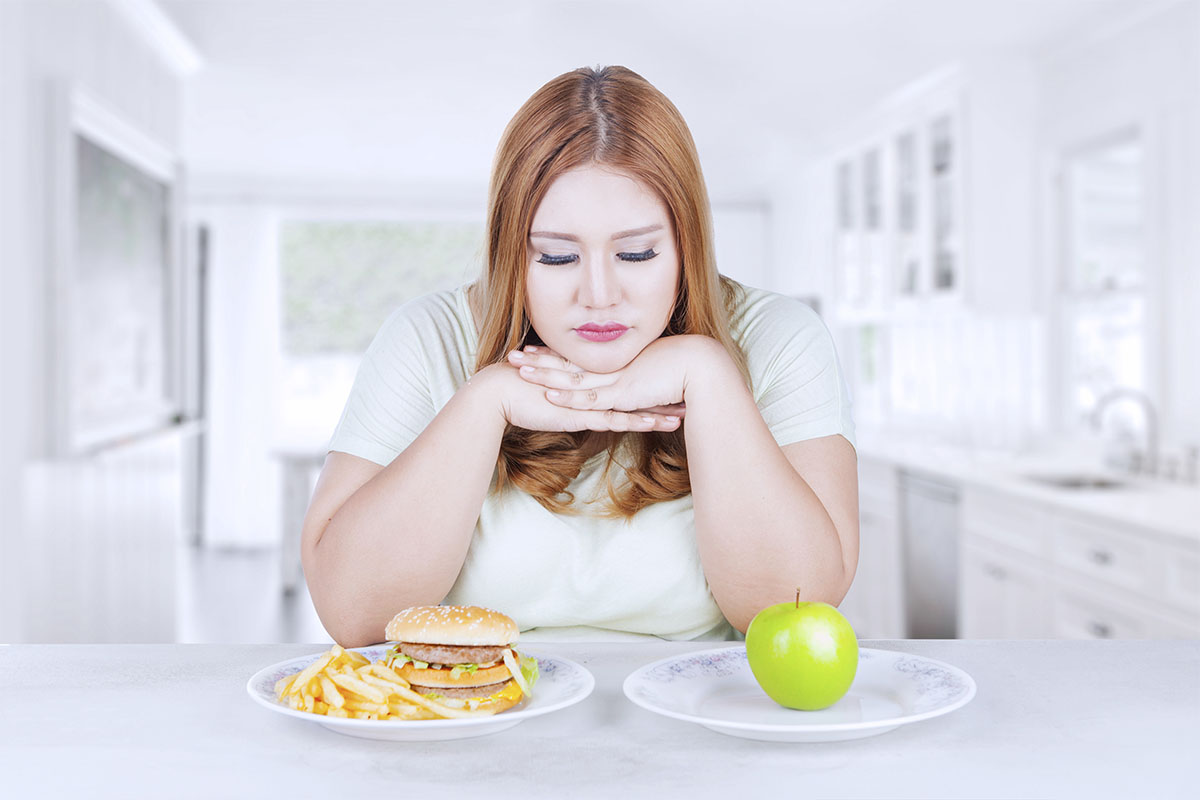Emotional eating is a common way we sabotage our weight loss goals, but it doesn’t have to be that way.The first step to taking control of your eating is to figure out what triggers emotional eating for you. Do you eat more at work because of stress or boredom? Do you eat more at parties or other social situations because you’re nervous or anxious? Do you eat when you’re bored or lonely?
Emotional Eating
Eating only when you’re hungry makes sense on an intellectual level but, emotionally, food often represents more than just a mixture of inanimate ingredients. For many of us, food is a reward for doing something good, comfort when we’re feeling bad, or even something to do when we’re bored. People often turn to food when they feel:
- Stress
- Depression
- Anger
- Boredom
- Loneliness
- Frustration
- Anxiety
Comfort Foods
When emotional hunger rumbles, one of its distinguishing characteristics is that you’re focused on a particular food, which is likely a comfort food.
“Comfort foods are foods a person eats to obtain or maintain a feeling,” says Brian Wansink, PhD, director of the Food and Brand Lab at the University of Illinois. “Comfort foods are often wrongly associated with negative moods, and indeed, people often consume them when they’re down or depressed, but interestingly enough, comfort foods are also consumed to maintain good moods.”
Overfeeding Emotions
“We all eat for emotional reasons sometimes,” says Jakubczak, who has talked to college students at the University of Maryland about emotional eating.
When eating becomes the only or main strategy a person uses to manage emotions, explains Jakubczak, then problems arise — especially if the foods a person is choosing to eat to satisfy emotions aren’t exactly healthy.
“If you eat when you are not hungry, chances are your body does not need the calories,” says Jakubczak. “If this happens too often, the extra calories get stored as fat, and too much fat storage can cause one to be overweight, which may present some health risks.”
According to an interview with Jakubczak on the University of Maryland web site, 75% of overeating is caused by emotions, so dealing with emotions appropriately is important.




